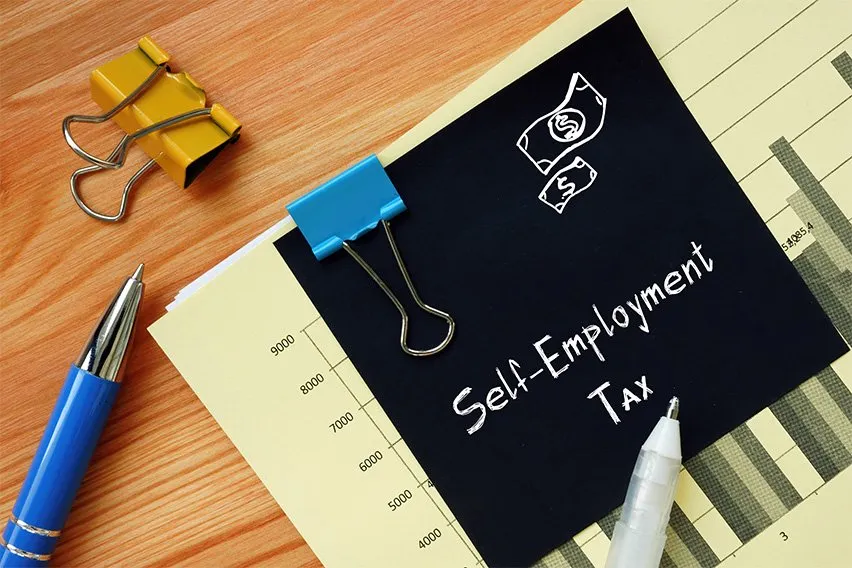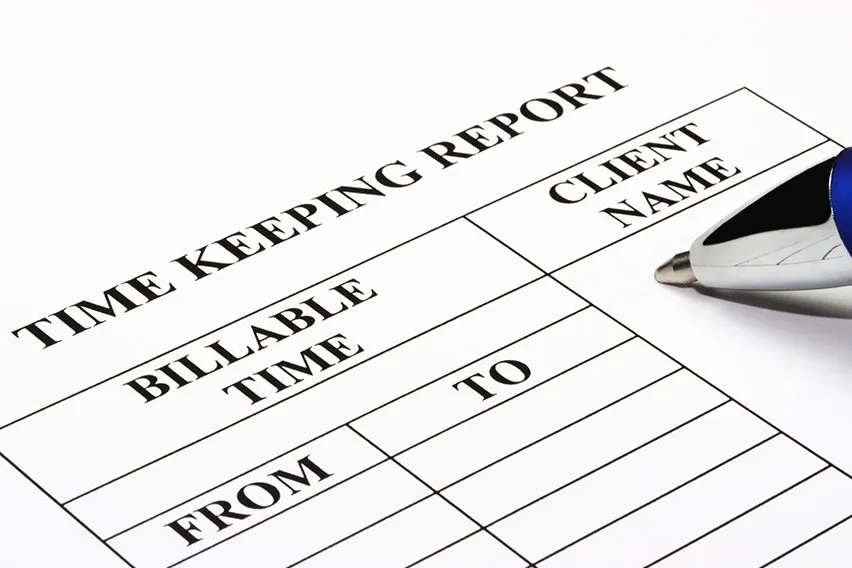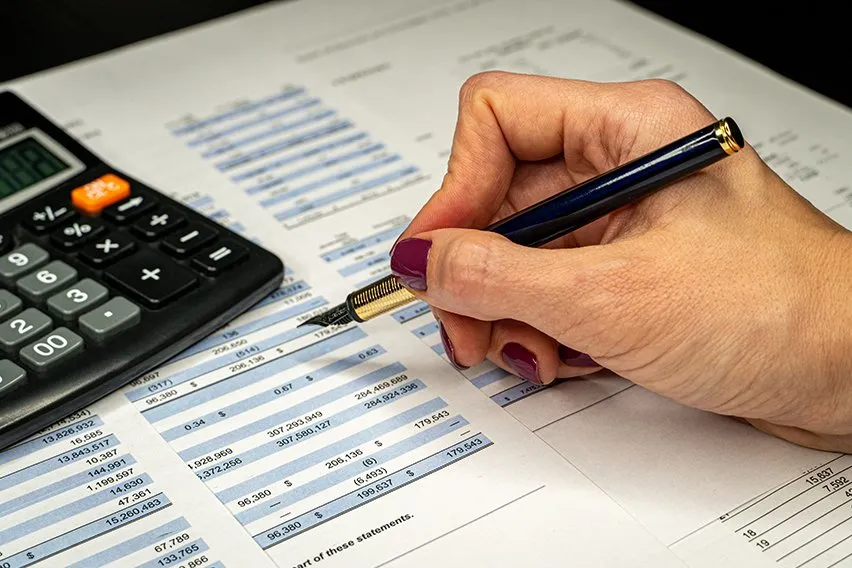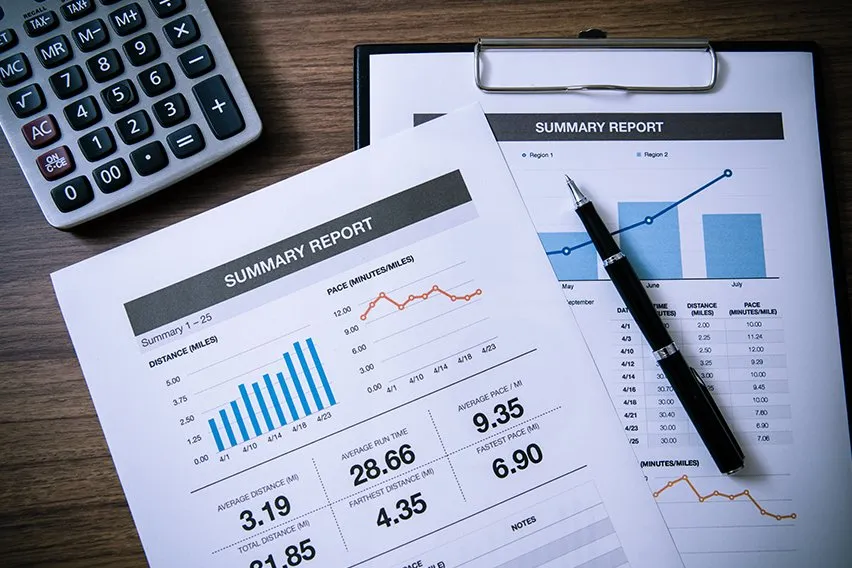Business Deductions for the Self-Employed: 12 Overlooked Tax Deduction Tips

While most small businesses are familiar with the common business deductions for self-employed workers, including office rent and supplies, some important tax deductions are often overlooked and can save you money on your tax return. By claiming expenses including contract labor, interest and professional services as business deductions for the self-employed, you’ll likely find you owe less money at tax time.
These topics give actionable advice on claiming overlooked business deductions for self-employed workers:
Overlooked Business Deductions for the Self Employed
Can Self Employed Workers Take the Standard Deduction?
Are Meals Deductible If You’re Self Employed?

Overlooked Business Deductions for the Self Employed
There are also some overlooked business deductions that often go unclaimed by the self-employed, so you’ll want to familiarize yourself with these expenses. This comprehensive tax deductions cheat sheet for self-employed individuals can help you maximize your deductions and lower your tax bill.
1. Contract Labor
If you hire independent contractors to help you complete projects, you can write off that expense on your taxes. For example, if a self-employed worker hired a freelance web developer to build a website for a client, the cost of the freelancer’s contract is a deductible business expense.
2. Self-Employed Retirement Plan
If you contribute to a self-employed retirement plan such as an IRA (Individual Retirement Arrangement) or SEP (Simplified Employee Pension Plan), you can write off your retirement contributions to help lower your tax bill. Just make sure your contributions fall within the contribution limits for your particular retirement plan.
3. Self-Employment Tax
The self-employment tax that you pay as a freelancer or business owner refers to the portion of Medicare and Social Security taxes that are usually covered by a traditional employer. Self-employed workers must pay the same 7.65 percent of their earnings that traditional employees do, but they can write off the amount that’s normally paid by an employer.
4. Wages for Employees
If your small business hires employees, you can write off the wages you pay your employees as a business deduction. This includes salaries, commissions and bonuses.
5. Benefits for Employees
If your small business has employees, you can write off the costs of your employment benefits program as a self-employed professional. Tax deductions for employee benefits can include health insurance, life insurance, accident insurance and education assistance.
6. Interest on Debts
If you’re self-employed, you can deduct interest payments for debts related to your business. This would include interest paid toward business loans and business credit cards. Businesses can also write off mortgage payments related to company property.
7. Professional Services
Self-employed workers can write off the cost of professional services as a business expense. Any professional service deductions have to relate directly to your business. This can include payments you make to lawyers, accountants, bookkeepers and other professionals.
8. Repairs and Maintenance
Self-employed workers can deduct the cost of repairs and maintenance needed for their office space. For example, if you pay for new windows in your home office, that would be a deductible expense. You can also write off repairs to your office equipment, including printers and computers.
9. Health Insurance Premiums
Self-employed workers can deduct the premiums they pay for personal health insurance under the following conditions. This is particularly relevant for those seeking health insurance for freelancers, as it can significantly reduce the financial burden of coverage:
- Your business is claiming a profit for the tax year;
- You’re not eligible for enrollment in an employer’s health plan, including through a spouse’s employer.
10. Business Taxes and Licenses
Self-employed workers can deduct the cost of their business taxes and professional licenses. For example, if you have employees and pay FICA taxes, you can deduct those expenses. Or, if you pay for state or local licenses to register your business, you can write off the cost on your income tax filing.
11. Publications and Subscriptions
The cost of journals, magazines and books that are directly related to your business is tax deductible. General publications, for example a daily local newspaper, aren’t specific enough to qualify as a business expense. However, a freelance advertising copywriter would be able to write off a subscription to AdWeek, for example. Or, a self-employed personal chef could deduct the cost of cookbooks used for work.
12. Education
Self-employed workers can write off the cost of educational courses, workshops and webinars as long as the subject matter helps them to develop or maintain skills directly related to their business. For example, a self-employed criminal lawyer can deduct the cost of a seminar that outlines new cross-examination techniques for criminal trials.
Self-employed workers should look into the full range of small business tax deductions that may apply to their business.

Can Self Employed Workers Take the Standard Deduction?
The self-employed can take the standard deduction on Form 1040 and still deduct their business expenses on Schedule C. The standard deduction lets taxpayers lower their tax burden by deducting a standard amount set by the IRS from their taxable income.
In 2018, the standard deduction set by the IRS is as follows:
- For married people filing jointly: $13,000
- For single people and married people filing separately: $6,500
- For heads of households: $9,550
Are Meals Deductible If You’re Self Employed?
If you’re self-employed, you can deduct the cost of business meals and entertainment as a work expense when filing your income tax. The cost of business meals and entertainment can be deducted at a rate of 50 percent. Follow these best practices for deducting the cost of meals to better track your business expenses:
- Keep and file all your receipts from business meals
- Make note of the date and location of the meal
- Keep track of who you dined with
- Make a general note of the business matters discussed during the meal
To keep track of the details of your business meals, it can help to jot down a few notes about your meetings on the back of your meal receipts.
RELATED ARTICLES

 Billable Hours: What Are They and How to Calculate Them
Billable Hours: What Are They and How to Calculate Them Is Land a Current or Long-Term Asset? How to Classify Land on the Balance Sheet
Is Land a Current or Long-Term Asset? How to Classify Land on the Balance Sheet Accounts Receivable and Accounts Payable: What’s the Difference?
Accounts Receivable and Accounts Payable: What’s the Difference? Inventory Write-Off: How To Do It With Examples
Inventory Write-Off: How To Do It With Examples Accounting For Startups: Everything You Need To Know In 2025
Accounting For Startups: Everything You Need To Know In 2025 How do you use the Shareholders Equity Formula to Calculate Shareholders’ Equity for a Balance Sheet?
How do you use the Shareholders Equity Formula to Calculate Shareholders’ Equity for a Balance Sheet?